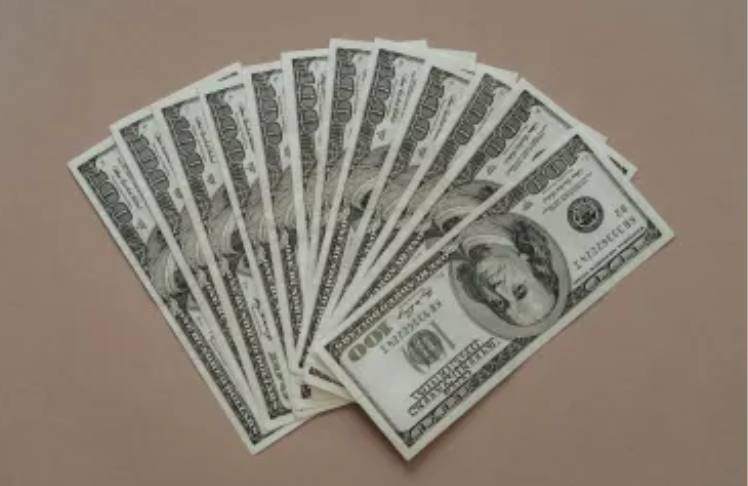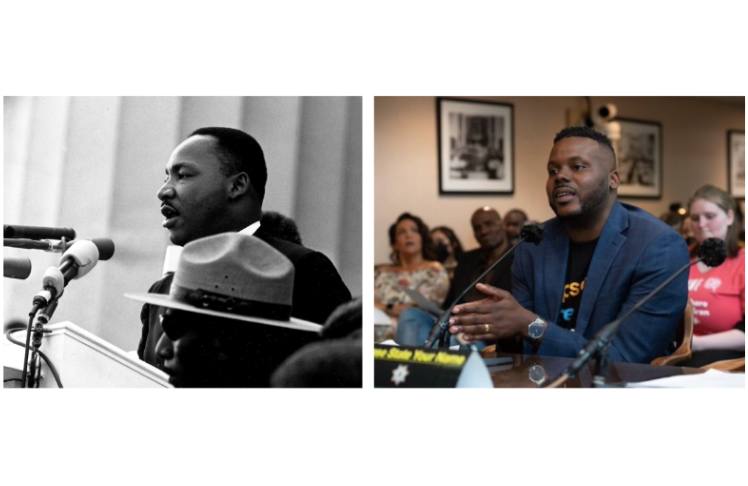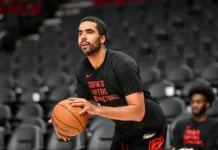
Imagine being a mother of teenage sons who beg you to play sports, but you can’t afford to buy them running shoes. Or a father who worries about paying bills while grieving the tragic death of his daughter at the same time.
For many people in situations like that, life feels like a never-ending cycle: payday, bills, stress, payday, bills, stress. It seems as though tough circumstances won’t change — but imagine what it would feel like to receive a letter from your local government guaranteeing you hundreds of dollars each month with no strings attached.
This became the reality in 2019 for 125 residents in Stockton, California, after the city’s now-former mayor, Michael Tubbs, launched a guaranteed income program, SEED (Stockton Economic Empowerment Demonstration).
A final evaluation of the pilot program, published on April 10 in the “Journal of Urban Health” found that Stockton’s Guaranteed Basic Income program was a success. After two years of running the SEED initiative, the recipients’ health improved significantly between 2019 and 2021.
“Despite a global pandemic, I’m heartened that key factors such as no negative employment impacts, lowered income volatility, and improved physical health were consistent over such a tumultuous time period,” Tubbs said in a statement.
The participants were randomly selected from communities in census tracts at or below the city’s median household income of $46,033.
Each of them was granted $500 per month on debit cards for 24 months. The cash didn’t come with any conditions. They were free to spend the money as they pleased.
This freedom rubbed critics the wrong way.
Some people assumed the money would be misspent, but data shows that less than 1% of purchases were linked to tobacco and alcohol.
Meanwhile, for the recipients in Stockton — a town with a 16% poverty rate — the extra funds meant finally having enough to eat.
This was the case for a recipient named Laura, who said she no longer needed to ask her grandchildren to contribute money for meals.
“Before SEED came along, I was paying a lot of bills and not knowing how I was going to eat,” she told NBC News.
Poverty Is a Public Health Issue
Wealth inequality in the U.S. forces Black and other people of color into poverty.
As a result, these communities access healthcare less, fall prey to medical debt, and go hungry more often.
Data from the USDA revealed that, as of 2021, nearly one-in-five Black individuals lived in food-insecure households. Lack of money or other resources limited their ability to acquire food.
In severe cases, food insecure people will reduce food intake, disrupting their normal patterns and raising the risk for eating disorders.
Claire Gibbons, senior program officer at the Robert Wood Johnson Foundation, said everyone should be able to meet their basic needs.
“Every person in the United States, regardless of who they are and where they live, should have the resources necessary to support themselves and their families,” she said in a statement.
In addition to beating hunger, SEED also found that mental health improved among its participants. After one year of funding, they reported experiencing less anxiety and depression — illnesses commonly caused by financial stress.
Overall, participants spent their money mostly on food, followed by store purchases, utilities, auto care, transportation, and medical expenses. Less than 1% of purchases were linked to tobacco and alcohol.
Contrary to criticism, the program didn’t discourage working. Instead, it provided a financial safety net for participants to redirect their energy from multiple gig jobs to more long-term, sustainable opportunities.
The team saw a jump in full-time employment from 28% at the launch to 40% one year later.
Guaranteed Income Is a Movement
Guaranteed income is not a new concept. During the Civil Rights Movement, Dr. Martin Luther King Jr., the Black Panther Party, and others supported direct cash payments to address poverty.
“The solution to poverty is to abolish it directly by a now widely discussed measure, the guaranteed income,” King wrote in his 1967 book, “Where Do We Go From Here: Chaos or Community?”
Mayor Tubbs learned about the system from King. Now, he leads Mayors for a Guaranteed Income (MGI), a coalition of over 80 mayors across 29 states advocating for federally-funded payments.

These mayors represent some of the most underserved and Blackest communities: Chokwe Lumumba of Jackson, Mississippi; Aja Brown of Compton, California; and Brandon Scott of Baltimore, Maryland, to name a few.
A total of 28 municipalities have launched pilots, including Compton, which gave 800 residents monthly payments of $300-$600 for two years.
Collectively, the mayors are distributing $200 million in direct, unconditional relief to their communities.
In late April, the team is premiering “It’s Basic,” a documentary about its efforts across the nation, featuring interviews with MGI mayors and program recipients.
“This film explores the power of cash, the importance of dignity, and the ongoing work of providing an income floor,” Tubbs wrote on Twitter.















